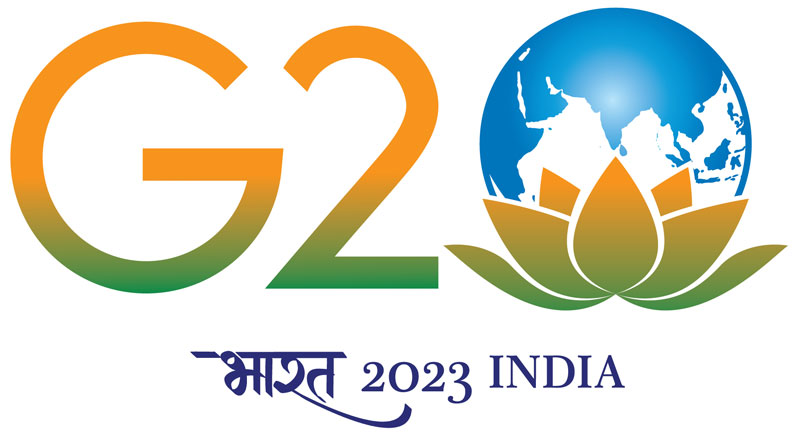By: Ketan Rathod
Scheduled Tribe communities lie at the bottom of the Indian social structure. The population of these Scheduled Tribes in India according to the census of 2011 is 10.45 Cr. It is necessary for the government to have a prime goal of uplifting these tribal communities economically as well as socially and bringing these communities at par with the other communities. Many policies and schemes are in place for tribal welfare such as the Van Bandhu Kalyan Yojana, Swarnajayanti Gram Swarozgar Yojana, MGNREGA, and as recently as Pradhan Mantri Janjatya Unnat Gram Abhiyan which was introduced by Finance Minister Nirmala Sitharaman in the budget of 2024-25. However, within these tribal communities, there are further communities which are marginalised. These communities are called PVTGs – Particularly Vulnerable Tribal Groups.
In 2023 March, the Prime Minister said, “There are communities that are marginalised within
marginalised, likewise these are marginalised Adivasis within Adivasi communities” referring to PVTGs
and introduced a scheme, PM-JANMAN – PM Jan Janjati Adivasi Nyaya Maha Abhiyan. He further added that the government will spend 24,000 Cr rupees on this scheme. This scheme envisions improving the
socio-economic status of PVTGs through improving basic infrastructure, education and health and
enhancing livelihood opportunities.
This scheme is an interministerial convergence of 9 ministries which will work together for the welfare of
the PVTGs through 11 critical interventions, these interventions are explained in detail below:
- Ministry of Rural – Development – Under the Ministry of Rural Development two major schemes will be implemented i.e., Pradhan Mantri Awas Yojana- Gramin which will provide pucca houses eyeing to convert around 4.9 lakh kaccha houses into pucca. Pradhan Mantri Gram Sadak Yojana another scheme implemented by this ministry will help in connecting the roads in the villages with the target of 8000 km of road construction.
- Ministry of Jal Shakti – Jal Jeewan Mission (JJM) will be implemented under the Ministry of Jal Shakti which will help the PVTGs in supplying piped water benefitting all the households. It will also create a community water supply to villages/habitations with populations of less than 20 households.
- Ministry of Health and Family Welfare – 1000 mobile medical units with medicine cost will be provided to 1000 PVTG households under the Ministry of Health and Family Welfare’s National Health Mission.
- Ministry of Women and Child Development – The activity that will be undertaken by the Ministry of Women and Child Development will be the construction and running of 2500 Anganwadi centres that fall in the Anganwadi services scheme.
- Ministry of Tribal Affairs – 500 VDVKs (Van Dhan Vikas Kendras) will be set up under PM Janjatiya Vikas Kendra and construction of 1000 multipurpose centres (MPC) under the development of the PVTG scheme.
- Ministry of Power – Under the Ministry of Power, all the unelectrified households will be energised through the Revamped Distribution Sector Scheme (RDSS).
- Ministry of Non- Renewable Energy Sources – All the unelectrified households that are not covered under the Revamped Distribution Sector Scheme (RDSS) of the Ministry of Power will be electrified through a new solar power scheme.
- Department of Telecommunications – There will be an installation of mobile towers in all uncovered villages and habitations under Universal Service Obligation Fund (USOF).
- Department of School Education and Literacy & Ministry of Skill Development – Samagra Shiksha scheme that focuses on the construction and running of hostels will be implemented by the Department of School Education and Literacy that targets the construction of 500 hostels and vocational education and skilling under the PM Kaushal Vikas will be implemented by the Ministry of Skill Development.
As per reported by PIB Delhi – The first instalment was released by Prime Minister on 15th January 2024, and in the last 3 months of the year 2023, projects more than 7000 Cr were sanctioned and approved by the ministries involved.

